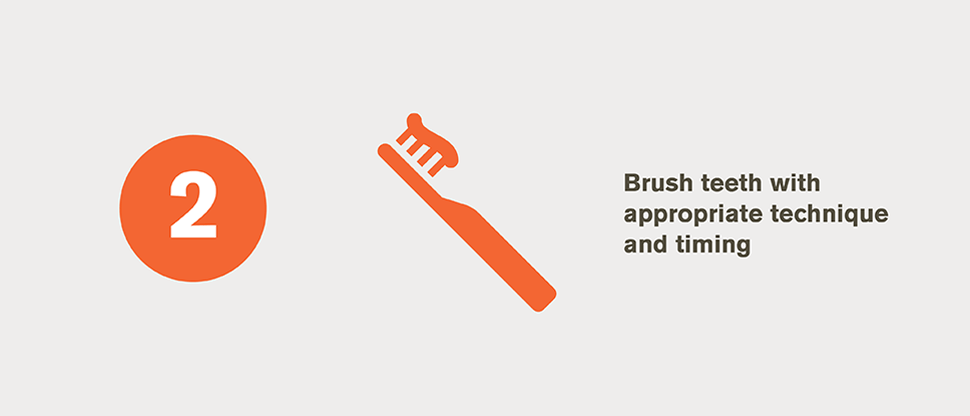Enamel wear: Management

Managing enamel wear
Early diagnosis of enamel wear is important and, if found, preventive measures should be taken.
.
Helping patients prevent enamel wear
Patients showing the early signs of enamel wear can follow three simple steps to help protect their enamel.1,2
Enamel wear prevention in practice
The most important preventive action for patients with enamel wear is to ensure that the potential sources of wear are identified and removed, and lifestyle is modified.2
Assess and record enamel wear, and help patients manage it with the necessary expert help.2
Sensodyne - helping your patients with dentine hypersensitivity due to enamel wear
Impact on patient quality of life
Find out about the impact enamel wear has on patients’ daily lives

The Sensodyne range
Find out how the Sensodyne range can help your patients with dentine hypersensitivity due to enamel wear.


